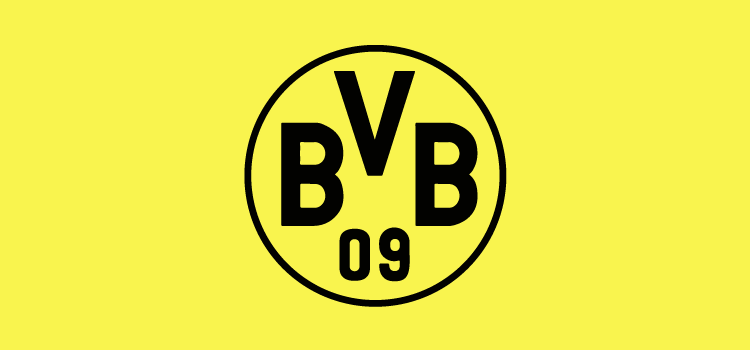Borussia Dortmund v Tottenham 1 – 2 Tactical Analysis

Borussia Dortmund’s struggles continued after a 1-2 defeat from Tottenham, which meant that the German team is now officially eliminated from the Round of 16 of the Champions League.
Dortmund have won only one of their last nine matches and seem unable to turn things over, as they concede goals in a ridiculously easy way and can’t defend any lead they take during a match.
Weigl was the defensive midfielder for Peter Bosz, Bartra returned to a centre-back position with Zagadou next to him, while Guerreiro played in a left midfielder position, in front of Schmelzer.
For Mauricio Pochettino, Dier was the right centre-back in a 3-man defence along with Sanchez and Vertonghen, with Rose and Aurier being the two full-backs.
In the early stages of the game, Dortmund’s front three pressed high up the pitch, forcing Tottenham’s back three to return the ball to Lloris, or attempt long balls, which had no result.
Aurier and Rose provided the chance for Eriksen and Alli to move centrally, in front of Winks, forming a 5-man midfield, in an attempt to secure ball possession in that part of the pitch.
Peter Bosz wanted to take advantage of his team’s left side, with Schmelzer and Guerreiro taking a lot of initiatives and trying to combine with their midfielders in order to break Tottenham’s defensive compactness.
Gotze had a pivotal role as the player who was responsible for getting near to his teammates who had the ball, providing an option to receive and distribute the ball.
Yarmolenko often drifted centrally, trying to make Rose follow him and leave space for Toljan to burst forward. This was also an attempt to cover for Kagawa and Gotze, when they moved in a deeper position.
Guerreiro – who has the tendency to move more centrally anyway – would do the same from the left side and it was clear that Dortmund wanted to outnumber Tottenham in the midfield area.
This allowed Dortmund to find some good and quick combinations, such as the one that led to Aubameyang’s opener in the 31st minute.
For the remainder of the first half, Dortmund sat deeper and some really good saves from Burki were enough to absorb Tottenham’s pressure.
Winks was the player that Tottenham’s defenders were looking for their first pass, which led to him staying deeper, leaving Eriksen and Alli behind Kane and Son.
Son would often play behind Kane in a more central role, both to give an extra option to his defenders to pass and to exploit any space he could between Dortmund’s lines.
The key for Tottenham was to free Rose and Aurier in the flanks, because it is essential for this side to have good plays from there. Son coming deeper and Eriksen and Alli playing in front of Kane meant that Schmelzer and Toljan had to move more centrally too, so Rose and Aurier had now the space they were looking for to burst forward.
After they scored Dortmund sat surprisingly deep, which maybe is an indication of both players and coach having lost their confidence and trust in their own abilities. Tottenham were more than happy with this choice, because they would now move the ball easier and so they would reach the opposition’s box.
Dortmund also had zero chance of scoring a second match-defining goal, since their only aim was to secure their lead.
Eventually, Harry Kane equalized early in the second half, making Dortmund’s plan useless and inefficient.
After the 1 – 1 by Kane, Tottenham’s forwards would press the opposition’s defenders in a more intense way than before, which is what Dortmund should have also done when they took the lead.
Instead, they brought Tottenham near their goal, letting them find pace and confidence.
The introduction of Castro for Kagawa didn’t help to that direction either, as Castro isn’t renown for his intense pressing skills.
Dele Alli created a nice scoring opportunity for Son, which the Korean had no problem taking it, essentially sealing Tottenham’s win and Dortmund’s elimination.
Conclusion
It is true that Dortmund are struck with a huge deal of injuries lately, but it would be wrong to blame only this for their recent struggles. Peter Bosz seems not able of coming up with a plan b, when plan a clearly doesn’t pay off.
The biggest issue for Dortmund though is that the players and the coach seem to have lost their confidence in the plan and in themselves.
Can the Dortmund – Schalke derby that follows this weekend be the turning point of Dortmund’s season? Only if the players and coach believe it.

